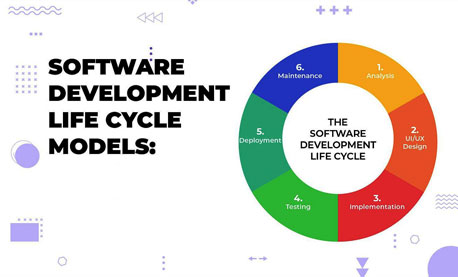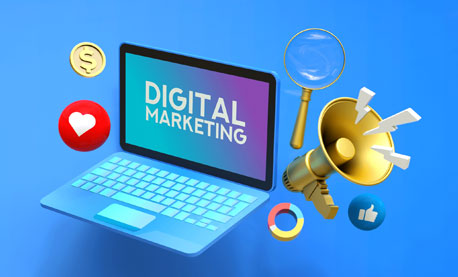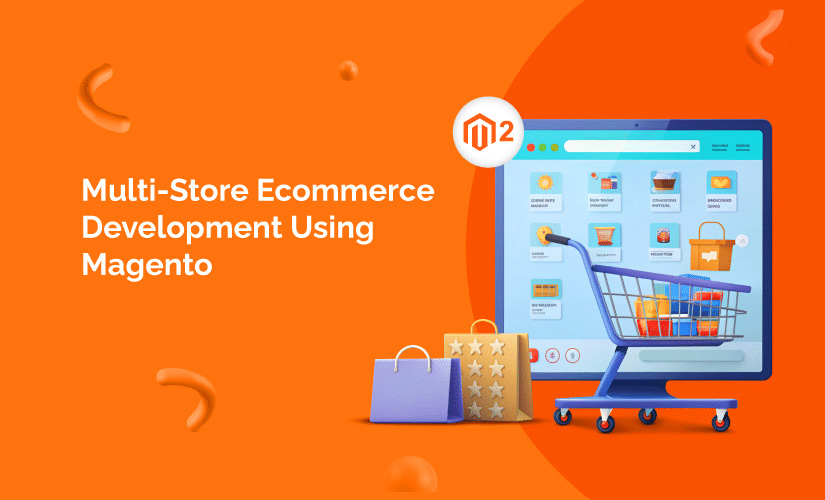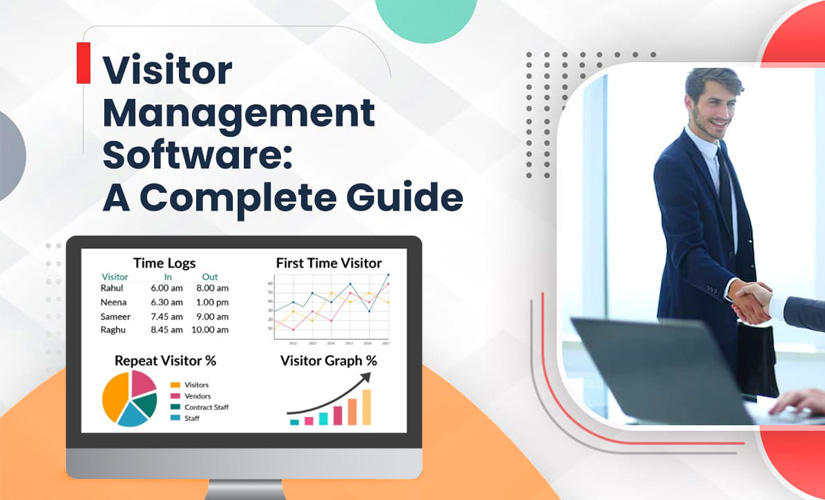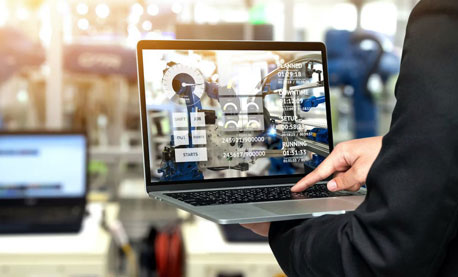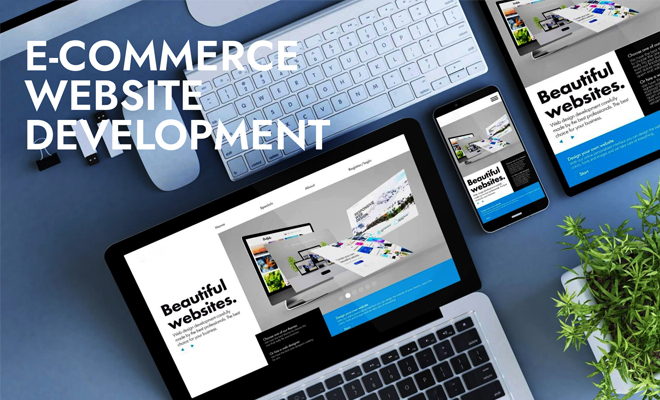Running a manufacturing business is no easy task. From managing production schedules to maintaining inventory levels and coordinating supply chains, it’s a complex ecosystem. This is where Manufacturing ERP Software comes in, offering an all-in-one solution to manage operations seamlessly. With ERP systems, businesses can automate tasks, reduce errors, and increase productivity.
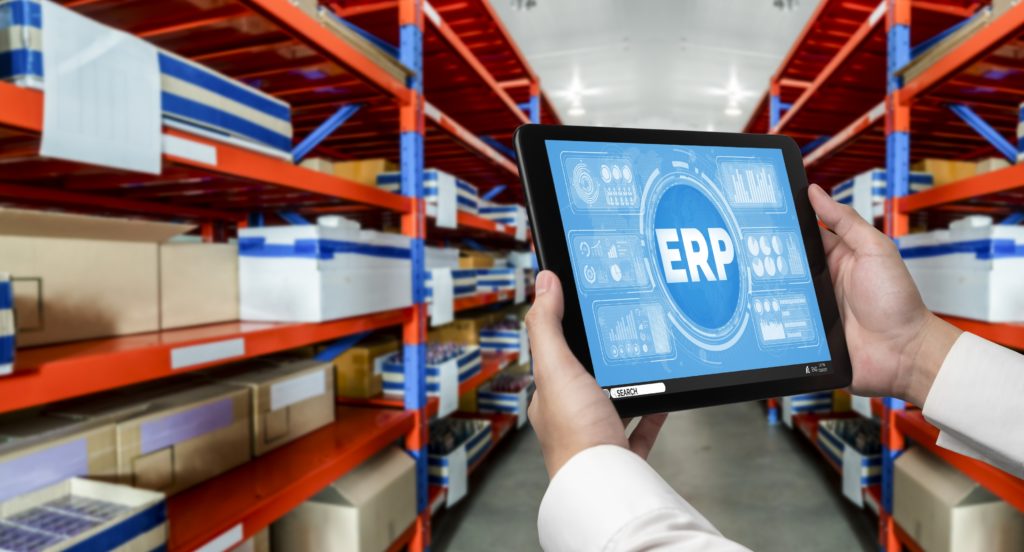
In countries like Bangladesh, manufacturing industries are booming, making ERP systems more relevant than ever. The right ERP for manufacturing not only optimizes processes but also provides real-time insights into every aspect of the business. Let’s explore why Manufacturing ERP Software Solutions are essential and how businesses can choose the right one.
Running a manufacturing business is no easy task. From managing production schedules to maintaining inventory levels and coordinating supply chains, it’s a complex ecosystem. This is where Manufacturing ERP Software comes in, offering an all-in-one solution to manage operations seamlessly. With ERP systems, businesses can automate tasks, reduce errors, and increase productivity.
In countries like Bangladesh, manufacturing industries are booming, making ERP systems more relevant than ever. The right ERP for manufacturing not only optimizes processes but also provides real-time insights into every aspect of the business. Let’s explore why Manufacturing ERP Software Solutions are essential and how businesses can choose the right one.
What is Manufacturing ERP Software?
Manufacturing ERP software is a specialized enterprise resource planning tool designed to support every stage of manufacturing. It integrates core processes like inventory management, production scheduling, supply chain coordination, and financial tracking into a unified platform. Unlike generic ERP systems, manufacturing ERP focuses on optimizing factory operations, ensuring better output with fewer resources.
How Manufacturing ERP Software Works
ERP for manufacturing connects all business processes—production, finance, procurement, and distribution—into one system. With real-time data syncing, managers have full visibility into the production cycle. Automation also eliminates manual errors, from inventory control to financial reporting. When different departments communicate through one platform, businesses experience smoother workflows, faster decision-making, and improved customer satisfaction.
Key Features of Manufacturing ERP Software
1. Production Planning and Control
- Automates job scheduling and production tracking.
- Reduces bottlenecks by optimizing workflows.
2. Inventory Management
- Ensures raw materials are available when needed.
- Avoids overstocking and stockouts by tracking inventory levels in real-time.
3. Supply Chain Management
- Manages vendor relationships and procurement schedules.
- Enhances delivery timelines with better tracking.
4. Quality Control Management
- Monitors product quality at every stage of production.
- Reduces defective output through automated checks.
5. Financial Integration
- Tracks production costs and profit margins in real time.
- Manages payroll, invoicing, and budgeting from one dashboard.
Top Benefits of Manufacturing ERP Software
1. Increased Productivity
Automation allows employees to focus on high-value tasks instead of manual data entry. Manufacturing ERP systems streamline operations, helping companies produce more in less time.
2. Cost Reduction
With real-time monitoring and process optimization, manufacturers can minimize waste, lower inventory costs, and reduce labor expenses.
3. Real-Time Reporting and Monitoring
ERP systems provide instant access to business data, allowing managers to make informed decisions based on real-time insights. This improves responsiveness to market demands and internal challenges.
4. Enhanced Customer Satisfaction
When production schedules are optimized, companies can meet delivery timelines more consistently, leading to happier customers and stronger client relationships.
Why Manufacturing ERP Software is Vital for Bangladesh
The manufacturing sector in Bangladesh is expanding rapidly, with industries like textiles, garments, and electronics driving economic growth. However, managing large-scale production with outdated methods can result in inefficiencies. That’s where Manufacturing ERP Software in Bangladesh makes a difference.
With ERP solutions tailored for the local market, businesses in Bangladesh can:
- Improve operational efficiency and meet tight deadlines.
- Ensure compliance with export standards and government regulations.
- Access local support services at affordable rates.
Whether it’s a textile factory or an electronics manufacturing unit, ERP systems provide the tools required to compete in global markets.
Best Manufacturing ERP Systems in 2024
Choosing the right ERP system can be overwhelming, with many solutions offering unique features. Here’s a look at some of the best manufacturing ERP systems available:
1. SAP ERP
A popular choice for large manufacturing enterprises, SAP offers advanced modules for production planning, supply chain management, and financials.
2. Oracle NetSuite
A cloud-based ERP system ideal for growing businesses. It provides real-time insights and smooth integration with other software tools.
3. Odoo ERP
An open-source ERP solution that allows manufacturers to customize features based on their needs. It’s especially popular among small and mid-sized companies.
4. Deskera ERP
Designed for small businesses, Deskera offers an easy-to-use interface and modules focused on production and financial management.
How to Select the Best Manufacturing ERP Software
1. Focus on Industry-Specific Features
Make sure the ERP software offers functionalities relevant to your manufacturing needs, such as production scheduling and quality control.
2. Look for Customization Options
The best manufacturing ERP systems allow businesses to customize modules according to their specific processes and workflows.
3. Ensure Ease of Use and Training Support
Choose software that offers intuitive navigation and provides comprehensive employee training programs.
4. Check for Integration Capabilities
The ERP should integrate smoothly with your existing software systems, such as accounting tools or CRM platforms.
5. Consider Scalability for Future Growth
As your business grows, your ERP system should be able to accommodate increased workloads and new processes.
Challenges in Implementing ERP for Manufacturing
While ERP systems offer many advantages, implementing them comes with challenges:
- Employee Resistance to Change: Employees may struggle to adapt to new systems.
- High Initial Costs: ERP implementation requires significant upfront investment.
- Data Migration Issues: Moving data from legacy systems to ERP can be complex and time-consuming.
How to Overcome ERP Implementation Challenges
- Provide Training: Offering proper training helps employees adapt to the new system quickly.
- Partner with Experts: Working with experienced ERP vendors ensures smoother implementation.
- Use a Phased Rollout: Introduce ERP in phases to minimize disruptions in operations.
Best Practices for Using ERP Software in Manufacturing
- Monitor KPIs with Dashboards: Use ERP dashboards to track key performance indicators regularly.
- Keep the System Updated: Regular updates ensure the software runs smoothly and stays secure.
- Align ERP Goals with Business Strategy: Make sure ERP processes align with your company’s long-term objectives.
The Future of Manufacturing ERP Software
As technology evolves, ERP systems are becoming smarter and more connected. The future of ERP for manufacturing lies in advancements like:
- AI-powered analytics that predict demand trends.
- IoT-enabled sensors for real-time equipment monitoring.
- Cloud-based ERP solutions that offer remote access and scalability.
These trends will empower businesses to operate more efficiently and remain competitive in an ever-changing market.
Conclusion
Investing in Manufacturing ERP Software is no longer a luxury but a necessity for manufacturers aiming to stay ahead of the competition. From automating production processes to streamlining supply chains, ERP systems offer numerous benefits. For businesses in Bangladesh, adopting the right ERP solution can unlock new levels of productivity and profitability.
If you’re looking to improve your operations and deliver better customer experiences, it’s time to explore Manufacturing ERP Software Solutions that fit your business needs.
FAQs
1. What industries benefit the most from manufacturing ERP software?
Industries such as textiles, automotive, pharmaceuticals, and electronics gain the most from manufacturing ERP solutions.
2. How long does it take to implement an ERP system for manufacturing?
The implementation process usually takes between 6 to 12 months, depending on the complexity of the business.
3. What is the cost of implementing an ERP system?
Costs vary based on the software provider and customization needs but generally include licensing, training, and maintenance fees.
4. Can ERP systems integrate with older software tools?
Yes, most modern ERP systems offer integration options through APIs or middleware solutions.
5. How does cloud-based ERP benefit manufacturers?
Cloud ERP allows businesses to access the system remotely, scale operations easily, and reduce IT infrastructure costs.



